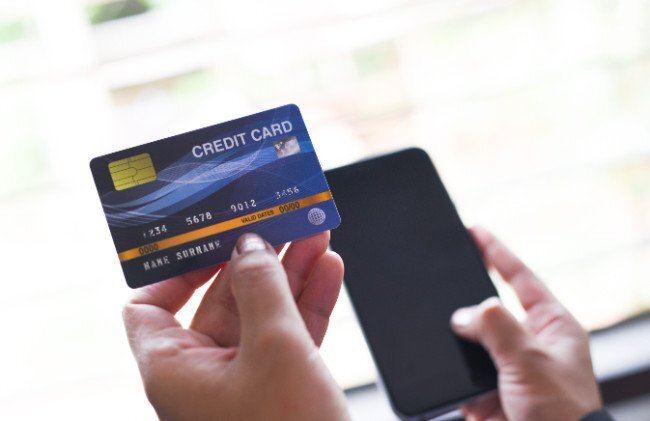Disclaimer: this article includes links to products for sale on our store.
- Traveling abroad?
- Online Banking from Abroad: Using a VPN Service
- Have More than One Account and Card
- Concluding Words
In this post we are going to cover:

Plus more... Read on to learn everything you need to know about keeping access to your bank account while traveling abroad.
Planning on traveling soon?
If so, you’ll want to know how to keep access to your bank account.
In this short guide, we’ll show you how.
Traveling abroad?
Traveling abroad usually involves making financial transactions such as crediting or debiting your bank account. To put it simple, you either deposit money to your bank account or withdraw cash. As we are not carrying piles of cash with us when traveling, such financial transactions are part of our everyday life when traveling abroad.
But there is a catch. Most of these transactions are now made using electronic means, by using online banking or by using a connected ATM. Which raises the question how to protect your bank account when you go to another country.
You need to follow a number of simple rules not to witness your bank account locked both if you are using online and offline banking methods.
Online Banking from Abroad: Using a VPN Service

Modern banks are using sophisticated methods to monitor how and where their customer spend money. It is understandable in the age of massive hackings, identity theft attempts and ATMs on which someone is able to install a skimming device.
What it means is that if you are a U.S. citizen, having a bank account with a U.S. bank, who is traveling abroad for a first time, you can end up with your account frozen when trying to use online banking in a foreign country.
A simple solution is to use a free VPN that tells your bank that you have actually never left your location. By using a virtual private network, you can select a server in your home country, or any other country, and connect to your account through this very server. In result, the bank’s servers will not detect any suspicious activities concerning your account.
This is a very useful method to both encrypt your connection and avoid problems when travelling to “exotic” countries. You should bear in mind that some travel destinations are not considered safe by banks and you can easily see your account locked when attempting to use online banking services from there.
Furthermore, a VPN service allows you to use public Wi-Fi networks to connect safely to your bank account, eliminating any sniffing on the network.
Have More than One Account and Card

Provided that you are planning to use mobile banking while travelling, another good method to protect yourself is to have more than one bank account. You can open a new account with a limited amount of money and use it instead of your main account. You still should use security services such as a VPN and a safe browser but in case your account is locked for some reason, you will have access to your main account.
Having more than one card linked to your bank account is another best practice when travelling abroad. Apart from all the cyber threats we face, you can have bad experiences such as an ATM “eating” your card and thus effectively locking you out of your account. You can also block your card by entering the wrong PIN code, which also prevents you from accessing your account.
Bear in mind that when travelling abroad the chance is good that your bank will not have branches there, which makes it very difficult to get access to your account and replace the blocked card. Having a second card enables you to access your funds until the other card returns to you or gets unblocked.
Also, having all Visa, MasterCard and American Express is useful in exotic destinations where stores, restaurants, or even ATMs might not accept one or more of these cards. Thus, you ensure that you have access to your money all of the time.
Notify Your Bank that You Are Abroad

Make every effort to notify your bank that you plan to travel abroad and tell them which countries and locations you plan to visit. Many banks will block your account if they think your purchases in a foreign country is suspicious activity. The bank will place a temporary travel notice on your account and thus their systems will not flag your international purchases or transfers as suspicious.
Check with your bank whether they are able to deliver a new credit or debit card to your destination if your card gets lost or blocked for some reason.
Use Privacy Browsers and VPNs on Your Phone

Use private browsing options in browsers like Firefox or better yet, use a tor browser on your phone when possible.
While these don’t necessarily cover your GPS data, they do block cookies and conceal your true IP address, which is another method by which these companies monitor you.
Concluding Words
Travelling abroad can become a real mess should you get locked out of your bank account. Having duplicate credit/debit cards and bank accounts is a good thing but you should be on alert for identity theft online. Actually, travelers are the most common victim of identity theft as they access public networks and public computers the most.
Make effort to access only secure Wi-Fi networks and use VPN when accessing an insecure public network. Even when you access your account using VPN service on a public desktop computer, always delete your browsing history and all cookies when leaving the computer. Thus, you make sure that no one will be able to get access to your personal data, passwords and settings after you.



